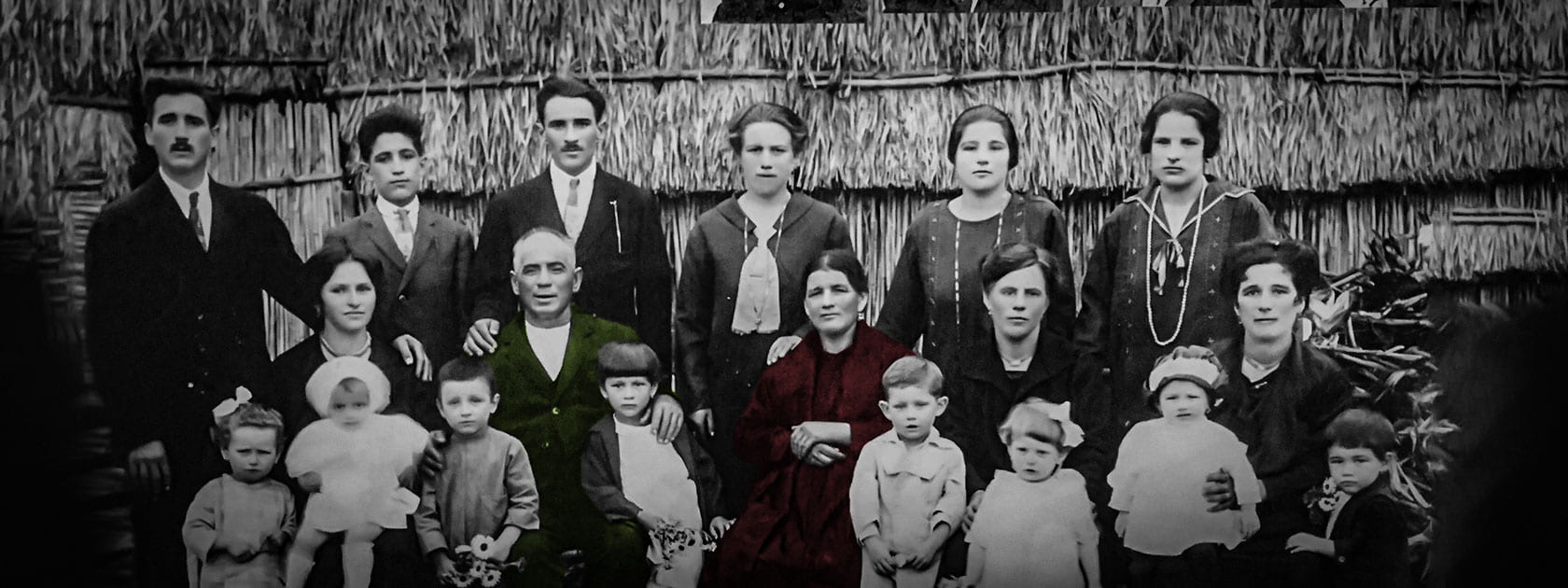Date
May 05, 2011
Maker
Columbus Centre
Accession#
ICEA2011.0010.0001
Interview With Mary Biollo (Keehn) Doyle
Mary Biollo (Keehn) Doyle was raised on the family farm with her five brothers and three sisters in Venice, Alberta. She was married in 1936 and moved to Edmonton to teach. Her father, Olivo Giovanni (Oliver John) Biollo, was at work on the farm on a day when she was home visiting; a police officer arrived to arrest him and took him directly to Camp Kananaskis. Mary Doyle recounts how he was not allowed to change out of his dirty work clothes or say his goodbyes to his family. She states that he was accused of being a fascist out of jealousy. After his internment began, Mary also faced an investigation for teaching Italian, and was forced to quit teaching her language classes. Her father was later transferred to Camp Petawawa, where he worked at keeping the camp books and became a friend of Mayor Camillien Houde. Mary Doyle has two sons of her own, named Charles and Linn and taught at many schools over her 36 year career.
Mary Biollo Doyle passed away in 2012.
In this opening clip Mary Doyle speaks about her father’s migration to Canada and early work in Winnipeg. She also speaks about her birth and the early Italian community in Venice, AB.
In this clip Mary Doyle continues her discussion regarding her father’s migration to Canada. She also speaks briefly about the range of businesses her father started in Venice.
Mary Doyle speaks about the day her father was arrested and sent to Camp Kananaskis.
Mary Doyle speaks about the Italian organizations that she and her father both participated in prior to the war. She also speaks briefly about the Italian language classes she taught.
In this clip Mary Doyle speaks about how her family was affected by her father’s absence. She also discusses how she was investigated by the RCMP for her involvement in teaching Italian language classes.
Mary Doyle briefly shares information about her father’s internment experience in both Camp Kananaskis and Camp Petawawa.
Mary Doyle speaks about her father’s release from internment and his return home.
In this brief clip Mary Doyle explains that her father never faced any discrimination in the community due to his internment.
In this final clip Mary Doyle speaks about her mother’s reaction to her father’s internment.



